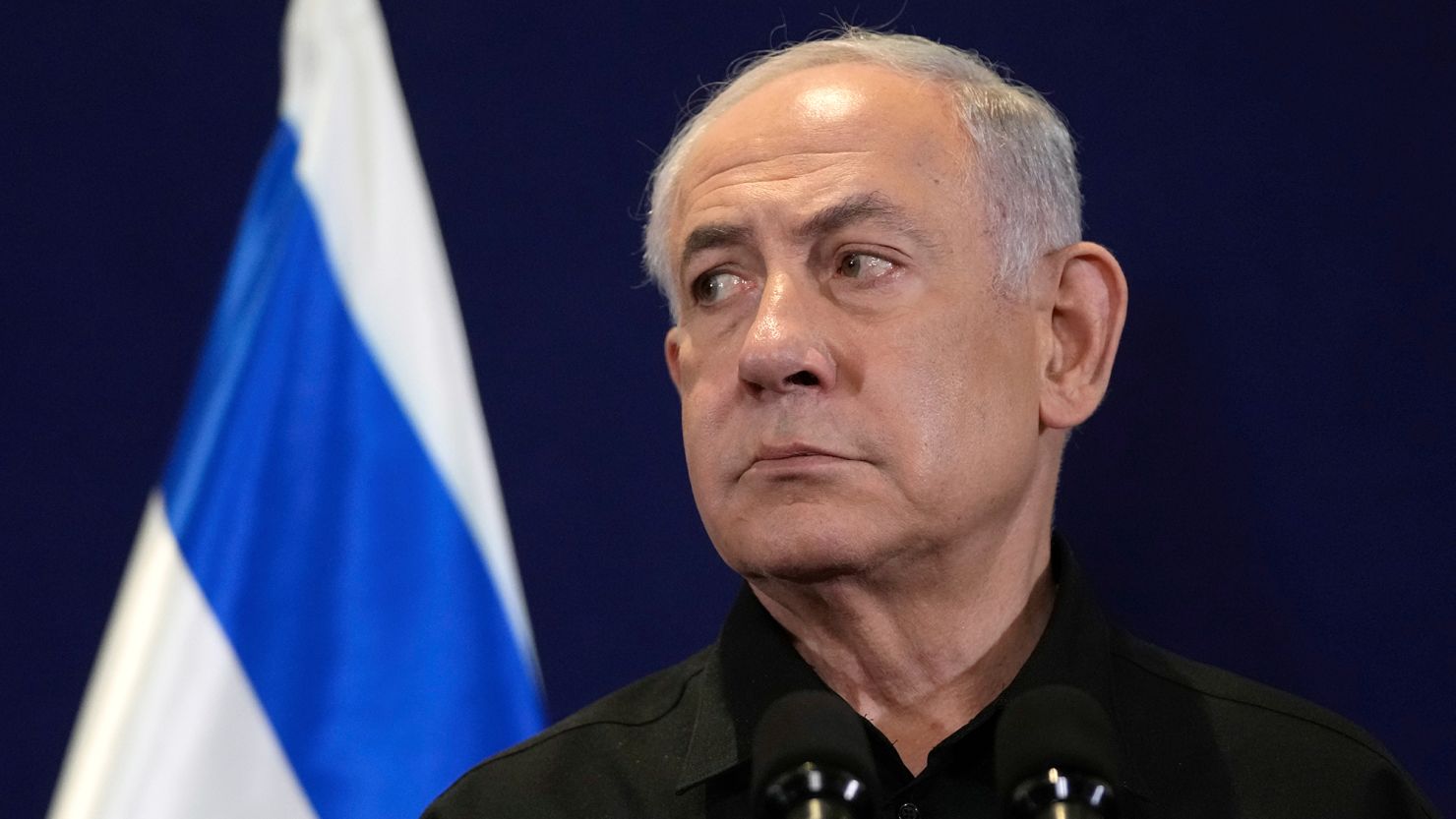Israel orders Al Jazeera to close its local operation

NEW DELHI: Israel ordered the local offices of Qatar’s Al Jazeera satellite news network to close Sunday, escalating a long-running feud between the broadcaster and Prime Minister Benjamin Netanyahu’s hard-line government as Doha-mediated cease-fire negotiations with Hamas hang in the balance.
The extraordinary order, which includes confiscating broadcast equipment, preventing the broadcast of the channel’s reports and blocking its websites, is believed to be the first time Israel has ever shuttered a foreign news outlet.
Al Jazeera went off Israel’s main cable provider in the hours after the order. However, its website and streaming links across multiple online platforms still operated Sunday.
The network has reported the Israeli-Hamas war nonstop since the militants’ initial cross-border attack October 7 and has maintained 24-hour coverage in the Gaza Strip amid Israel’s grinding ground offensive that has killed and wounded members of its own staff. While including on-the-ground reporting of the war’s casualties, its Arabic arm often publishes verbatim video statements from Hamas and other militant groups in the region, drawing Netanyahu’s ire.
“Al Jazeera reporters harmed Israel’s security and incited against soldiers,” Netanyahu said in a statement. “It’s time to remove the Hamas mouthpiece from our country.”
Al Jazeera issued a statement vowing it will “pursue all available legal channels through international legal institutions in its quest to protect both its rights and journalists, as well as the public’s right to information.”
“Israel’s ongoing suppression of the free press, seen as an effort to conceal its actions in the Gaza Strip, stands in contravention of international and humanitarian law,” the network said.
“Israel’s direct targeting and killing of journalists, arrests, intimidation and threats will not deter Al Jazeera from its commitment to cover, whilst more than 140 Palestinian journalists have been killed since the beginning of the war on Gaza.”
Israeli media said the order allows Israel to block the channel from operating in the country for 45 days.
The Israeli government has taken action against individual reporters over the decades since its founding in 1948, but broadly allows for a rambunctious media scene that includes foreign bureaus from around the world, even from Arab nations. That changed with a law passed last month, which Netanyahu’s office says allows the government to take action against a foreign channel seen as “harming the country.”
Immediately after the announcement, Al Jazeera’s English arm began broadcasting a prerecorded message from one of its correspondents from a hotel the channel has used for months in east Jerusalem, which the Palestinians hope to one day have for their future state.
The ban did not appear to affect the channel’s operations in the occupied West Bank or Gaza Strip, where Israel wields control but which are not sovereign Israeli territory.
The decision threatens to heighten tensions with Qatar at a time when the Doha government is playing a key role in mediation efforts to halt the war in Gaza, along with Egypt and the United States.
Qatar has had strained ties with Netanyahu in particular since he made comments suggesting that Qatar is not exerting enough pressure on Hamas to prompt it to relent in its terms for a truce deal. Qatar hosts Hamas leaders in exile at a political office in Doha.
The sides appear to be close to striking a deal, but multiple previous rounds of talks have ended with no agreement. In a statement, Hamas condemned the Israeli government order, calling on international organizations to take measures against Israel.
Israel has long had a rocky relationship with Al Jazeera, accusing it of bias. Relations took a major downturn nearly two years ago when Al Jazeera correspondent Shireen Abu Akleh was killed during an Israeli military raid in the occupied West Bank.
















